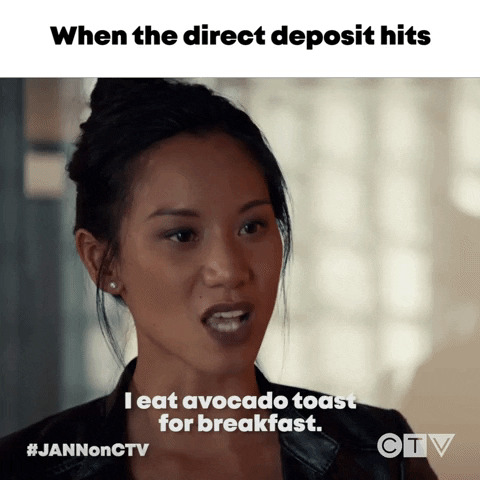Weibel Lectures: Luiza Prado - Empty Calories
Organiser/Management
Date
- 24 September 2024– 18:00– Universität für angewandte Kunst in Wien, Wien, Österreich (Multimediaraum (room 102), 1st floor GCP/PSK, Weibel Institute for Digital Cultures & hybrid.)
Keywords
digital cultures, media theory, food, consumption, geopolitics, silphium
Text
From avocado toast to baked feta pasta, our relations to food are increasingly influenced and defined by online platforms such as Instagram or TikTok. Hashtags such as #TikTokFood and #Foodtok have been responsible for amassing billions of views, causing surges of interest in particular ingredients, long queues to restaurants and the othering of cuisines. As we increasingly consume food through content on screens, the realities of food production and its environmental impact have been hidden under digital layers of gold-leaf everything, long, melty strands of cheese, and dramatic reality tv storylines. Amongst soaring energy and food costs, labour shortages, cost-of-living crisis and ongoing supply chain issues, we eat with our eyes and ears. We always have in a sense; depictions of food can be found in the interior of Egyptian tombs; in Roman mosaics in Pompeii; in the Greek comedies of Aristophanes; in the paintings of Giotto, Jan Van Eyck, Caravaggio, Velásquez, Rembrandt, or Renoir; in the photography of Daguerre, Man Ray, Sharon Core, or Paulette Tavormina. Food as entertainment is a geopolitical issue, masked and filtered through phone lenses yet impossible to disentangle from the thick material articulations of class and access; geographical location and climate; gender, race and labour. The current hunger for images of beautifully plated avocado toasts offered by cafés and restaurants in the West is directly connected to the droughts and deforestation currently affecting entire regions in Chile or Mexico, major producers and exporters of the fruit. Social media foodscapes feed the emergence of a food politic based on desire and exclusivity, distracting and detaching food from the realities of its production and climate impact. Hunger tells us a lot about ourselves, and empty political calories still taste better than nothing. "Empty Calories" follows the history of the legendary (and ostensibly extinct) spice silphium to explore the biopolitics and necropolitics of online foodscapes, and their disconnection to the interrelations of class, gender, and geography. Examining how ritual and meaning become diluted when food is subsumed to the exclusive role of entertainment, the talk weaves between the negotiations of our social location, the political economy of food networks, and the status of food as content to ask: How does the establishment of the kitchen as a site for performance contribute to distracting us from concrete fears of extinction and annihilation in the context of climate disaster?
Lecturer

Location
Address
- Universität für angewandte Kunst in Wien, Wien, Österreich
- Oskar-Kokoschka-Platz 2
- 1010 Wien
- Österreich
Associated Media Files
 Image#1
Image#1